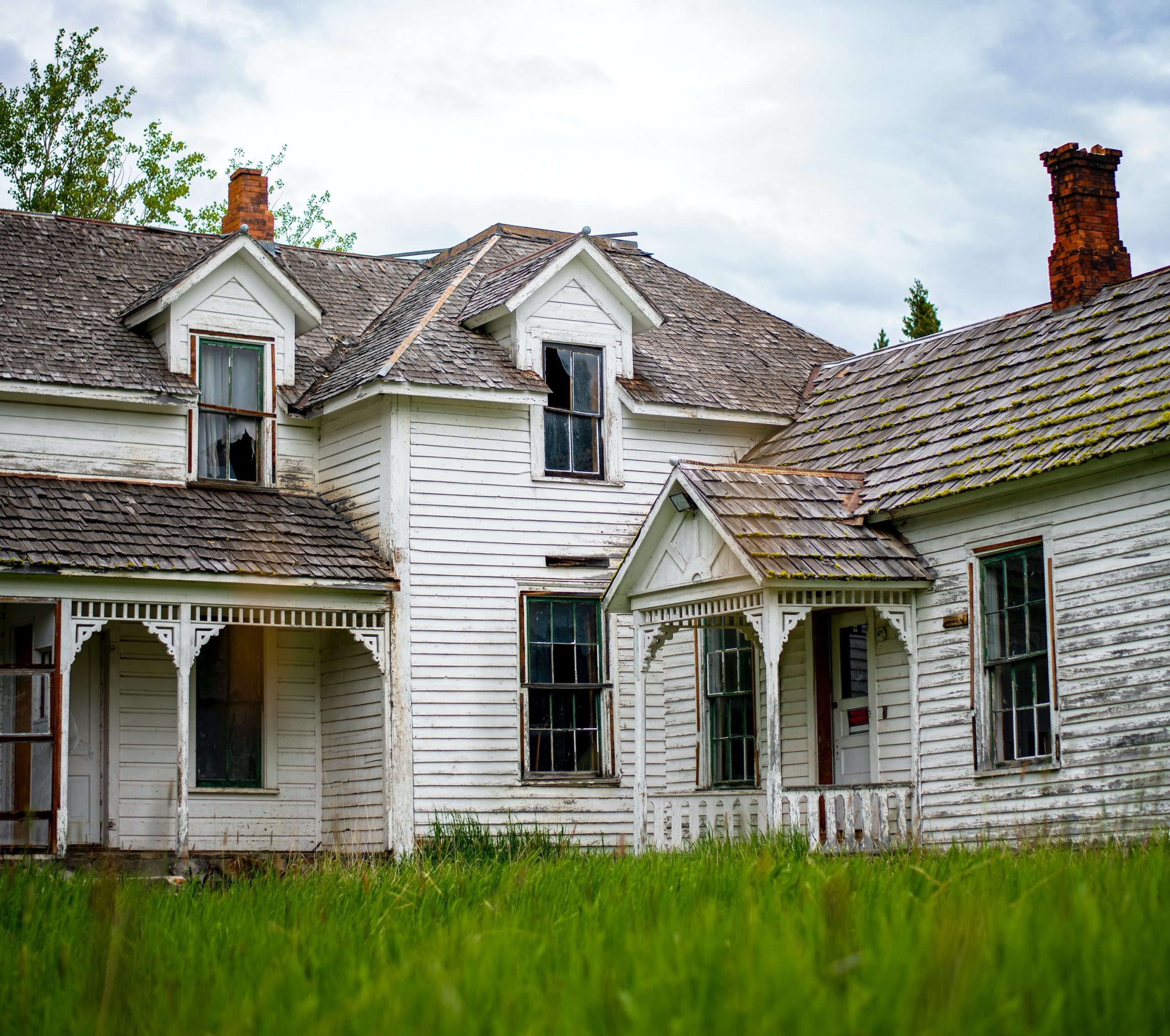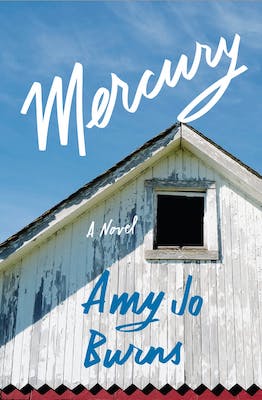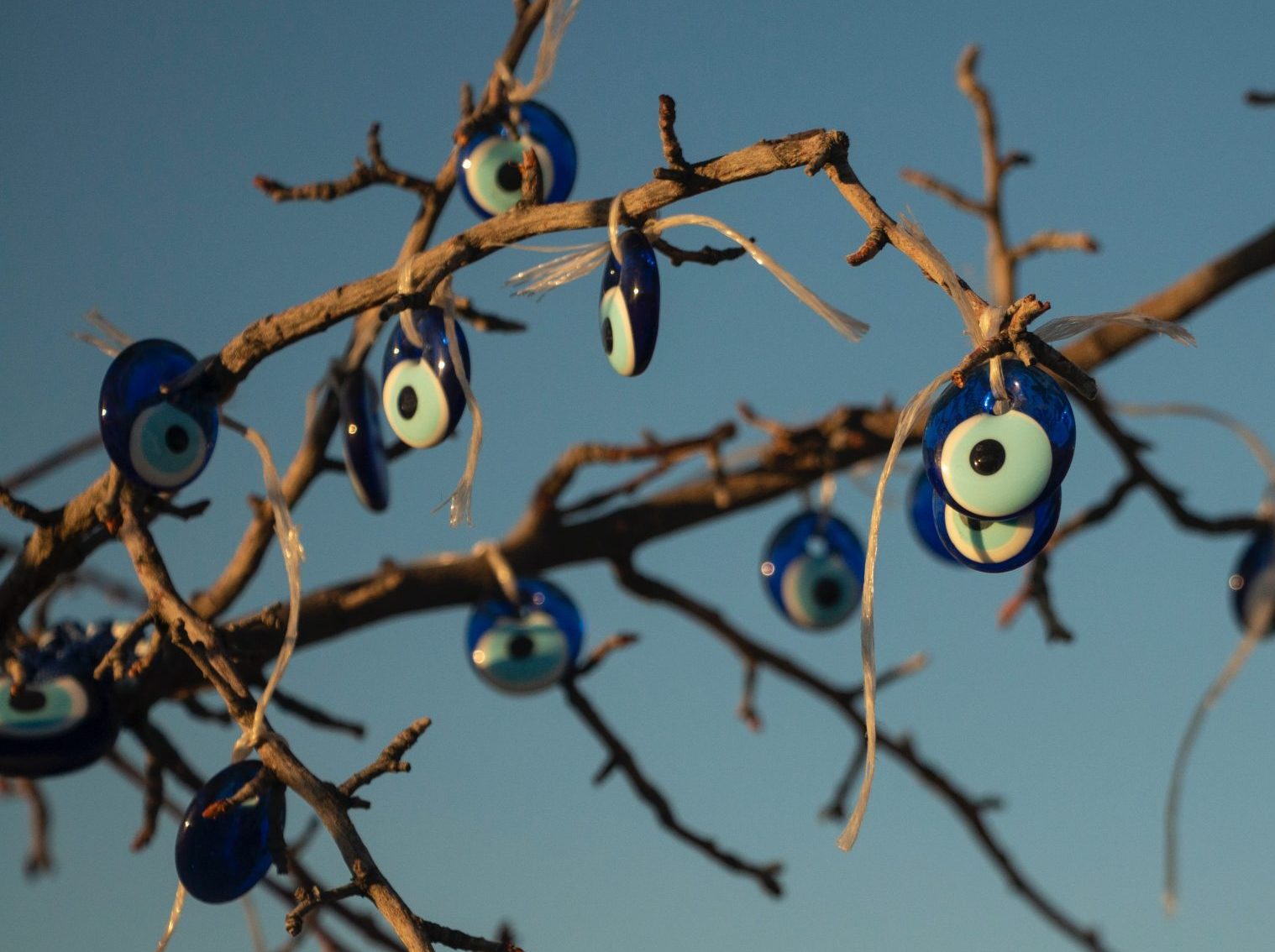Interviews
The Real Cost of a Family Business
Amy Jo Burns discusses her novel "Mercury," working-class family dynamics, and what legacy means for women

Amy Jo Burns’ second novel, Mercury, is a heartfelt portrait of a working-class family set in an unsuspecting industrial town in Pennsylvania in the 1990s that follows the lives of the Josephs—Mick, Elise, Baylor, Waylon, and Shay—and the light in their darkness, Marley West.
The novel opens with Marley, the wife every man wants, coaching her son’s little league team, while her husband, Waylon, hides beneath the bleachers for reasons yet unknown. The story then thrusts readers back in time, to the fateful day when Marley and her mother, Ruth, rode into town one summer afternoon and changed everything.
While the jagged edges of Marley initially seem like they might not fit into the small town of Mercury, the orbit of the Joseph family is strong enough to pull her in anyway. It soon becomes clear just how much the family was needing her when nearly every Joseph member is impacted by Marley’s sudden arrival. Spanning nine equally heart-warming and heart-breaking years, Marley and the family endure love and loss, desire and betrayal, secrets and celebrations as they try to navigate the unique demands of a family business and a working-class life.
While the story revolves around a murder mystery, after a shocking discovery is made in a local church attic, the pulse of the novel stays with the Joseph family itself. The town of Mercury, based on a real town by the same name, also acts as its own character throughout the novel. Having grown up in a similar once-industrial town in western Pennslyvania, like Burns herself, I was excited to connect and discuss her latest work.
I spoke with Amy Jo Burns over Zoom to discuss working-class family dynamics, the real cost of a family business, what legacy means for women, being the author of your own story, making peace with the past, and much more.
Sam Dilling: Mercury takes place in a small working-class industrial town in Pennsylvania and centers a dynamic family of roofers—the Joseph family. Where did the idea for this book come from and what was the experience of writing it like?
Amy Jo Burns: I come from a roofing family—my dad, my brother, my uncles, my dad’s best friend, my grandfather. I learned how to tell stories from them. They are fantastic storytellers. They’re so funny. They have a real sense of timing and surprise and how to land a punch line.
In terms of what inspired me, I had been working on a separate project for a long, long time and I had to put it aside. I really love to write about my hometown. I don’t know if you feel that way. I find it endlessly inspiring, beautiful, problematic, romantic, and haunting. All of it. So I sat down and I did a writing exercise. It was from this memory I had of being nine years old at the Little League baseball field. There was a man smoking a cigarette behind the bleachers. He said to my mom, “Please don’t tell my wife.” I always remember that. I thought it would be fun to freewrite who that person might be and what led them back there. It was interesting because as soon as I started writing, it all just tumbled out. I said he’s a roofer. He’s got this wife he really loves, but he’s not sure she loves him back anymore. Why would that be?
SD: The family orbits around the business—like it has its own center of gravity. And at times, the lines between the family and the business blur. The business acts as a proxy for the love the family shows each other. And that might sound bad—but that’s just the way of life. When you’re from a working-class family, the dynamics of work or the family business are going to influence the family itself.
AJB: It’s one of those things where I’ve left, but I don’t think that part left me. It’s a double-edged sword for me. When I think about my family, or my dad in particular, running the business like he did—never really taking vacations or days off. I see somebody who is so passionate about what he does. And so artistic, and so dedicated. I find that to be extremely beautiful that he put his unique mark on everything he did. I think that’s something my brother, my sister, and I all do in our own ways. I’m really thankful for that. I feel like that’s become an important part of who I am. But the other side of it is I don’t really know how to take breaks. I’m not very good at that at all. I hope that’s changing. When you own your own business—it’s not a job, it’s who you are. It’s kind of how I feel about being a writer. It’s why I always feel weird when I tell people it’s my job. It feels like it’s more than that and also less than that.
SD: One thing I appreciate, having also come from a working-class family and background, is the spotlight you put on the women in the story. What was important for you to showcase about these women?
AJB: Before I started writing the book, I was thinking a lot about blue-collar women. In my experience, many women who might be considered “blue collar” are women who are entrepreneurs just like their husbands. The difference is they don’t get titles, they don’t get paychecks. That’s the mindset of these women that I grew up with. They don’t even realize how hard it is because they don’t have an expectation that there could be another reality. They are the bookkeeper and they are watching the children and they’re cleaning the house and they’re cooking. These women really make the impossible possible. At least that’s what I witnessed growing up in my mom and my aunts. They don’t complain.
I wanted to show what it looks like when a woman jumps into that with two feet. I also wanted to show what it might be like when a woman says no to that, which is what Elise did. She said no to the business side, but was very entrenched in the family. These women— Ruth, Marley, Elise, Jade—they’re all in a situation where they don’t have that many choices. They’re each taking a different path. It’s not that one is better than the other, but everybody is trying to make their way. I wanted them to still have a real journey and have real pride in what they do. I wanted to talk about the women I know. Women really make it happen.
SD: When talking about family and business, the idea of legacy comes to mind. The Joseph family business very much becomes the legacy for the men in the story, and we get to see how each son feels about this being their legacy, but what about for the women? How do we define a woman’s legacy?
AJB: I think it comes through the paths they are creating for their own children. That was big for Ruth, who is the single mother. She wanted to create a world for her daughter that didn’t have so many stop signs wherever she went. I think for Marley, when she becomes a mother, she wants to teach her son how to be a good life partner. She wants to teach her daughter that she can take chances. I think that’s one piece of what legacy means is they try to give their kids some options they didn’t have.
I also think there’s something about having a legacy of when you say enough is enough. Sometimes that might end up meaning something becomes invisible. For a lot of these women, much of what they do is invisible anyway. All of these women get to a point where they say no. There’s something really powerful about a woman who says yes, and yes, and yes, and then says, “Enough is enough.” Those are quiet moments that don’t get told at Thanksgiving or Christmas. I honestly think family survival depends on that—when [women] say enough is enough. It’s kind of the opposite of the way we think of legacy, but I think it’s very powerful.
SD: Seeing that on the page is almost revolutionary considering the roles women have had to take on, and fit themselves into, for the sake of family.
There’s a cascading cost that comes through generations when a woman doesn’t have a choice.
AJB: One thing that was important to me was I didn’t want to make these women into cautionary tales because I feel like so often, when we are looking for a lesson, the woman becomes collateral damage. I think there is some balance between saying the right “no” at the right time and finding a voice. There’s a cascading cost that comes through generations when a woman doesn’t have a choice. It’s not just the women that it punishes. It punishes the men, too. There’s real value in a woman being able to tell her story—especially to her life partner, her spouse, her kids, and to herself. I think that’s something Marley is trying to do. She’s trying to be the author of her own story in a way that allows other people in, but she’s still the head of it. That’s something I think Elise was never able to allow herself to do. The more a woman is able to share what her life has been is a very powerful thing for the rest of the family to grapple with.
SD: Putting that into practice is a whole different beast. There is a reason so many women aren’t afforded that freedom to carve out their own place or their own story. There are so many systems in place that keep a woman stuck right where she is—that make it difficult for her to rise above her situation. Like in Mercury, when we see a young woman get pregnant and suddenly have fewer options for her own life and future.
AJB: There’s a cost that comes with leaning in. If you’re going to be an entrepreneur, and you’re going to have a career, you either gotta have a best friend or mother-in-law to help you. Or you’re gonna have to pay somebody because time and energy are finite. As much as we want to say [women] are superhuman, they’re not. We’re human. And that’s a good thing.
I am somebody that tries to do it all and then I fail at it. Anytime somebody asks me what it’s like to have this life, the first thing I say is, “Let me tell you everything that I’m not doing.” I am not cooking super creative meals, I am not scrubbing the baseboards of my house, I am not signing up to be a classroom mom. Even as I’m saying this to you, that guilt is streaking down my face. There’s something that’s ingrained in us that says we should be able to do it all. I really don’t think anyone can. I think there’s always something that pays a price. Sometimes it’s our bodies, our relationships. Maybe it is the state of my bathroom right now.
I think, at least for writers, we have to hold and guard that humanity with everything we have. And sometimes that means saying, “I’m really tired, and there’s Paw Patrol, kids.” I do think there’s something about the women that I watched growing up that didn’t expect any different because they had just never seen it. I grew up thinking, “Oh my goodness, these people are superhuman.” What you see and what the reality is are two different things.
SD: It’s interesting because men never seem to feel the need to qualify the things they’re not doing, or the things they’re not doing well. But for women, it’s like we owe the world an explanation for why we can’t magically do it all.
AJB: I would hate to have an interaction with somebody and have them leave feeling they’re missing something important because I just don’t think that’s true. You know, I’m an Enneagram Four. I don’t know if you’re into that. Fours feel like they’ve been born missing some key part of what it means to be okay in life. You’re kind of walking around looking for it. So it’s important to me, if somebody’s like, “Well, how do you do it?” I like to qualify and say, “Whatever you think I’m doing, I’m probably not.” But you’re right, men don’t do that. Men say, “Oh, yeah, I did it.”
SD: It brings me back to that idea of legacy, and even more than that, strength. How does strength look different for men and women?
AJB: When I was writing, I did think about that concept a lot. Especially since roofing is such a stereotypically macho thing to do. You have to be physically strong to be able to do this job. It’s very demanding, it’s dangerous. I think the flip side is that a lot of these characters who are very physically strong are emotionally fragile. I think that is a very authentic and very interesting paradox that exists in a lot of places.
When you’re in it, you can’t see all the pressure that you’re under.
One of the reasons I wrote the youngest brother, Shay, the way I did is that, to me, he is the picture of strength. He is somebody who doesn’t want to fit in this mold and he’s trying to be honest about it. He offers up a perspective that says, “If you do not have a sense of integrity in yourself, then what are we even doing?” He’s really wrestling with: what does it mean to be somebody who is strong? I think where he lands is it means that sometimes you’re weak. And that’s important. It’s important to let people know that you’re not perfect. He represents somebody who doesn’t fit all of these preconceived notions of what it might mean to be a roofer’s son. And yet, he is the beating heart of the book.
SD: We get a glimpse of Marley’s life two years into the future. But let’s say Marley looks back at her life 20 years from now. What does she think?
AJB: I think she is going to be glad she fought the battles that she fought. I think she’s going to look back and see that all those times where she said “no,” or she drew a line in the sand, or she left, she will see all the fruit that came from that hard choice.
Again, it’s not perfect. She apologizes for the mistakes and the things that she maybe got wrong, but there was something really healthy and life-giving in making those hard calls. I hope she feels proud of what she’s built in her business and her expertise.
There’s something really nice about being older and looking back. You can have compassion on your younger self that you didn’t have for yourself at the time.
SD: Do you look back on your own life and feel the same?
AJB: I do. I think sometimes when you’re in it, you can’t see all the pressure that you’re under. You only feel it. Then when you get older, and you look back, you think, “Oh my goodness, look at everything that young person was dealing with.” And they’re doing it. So, absolutely. You give up expecting yourself to be perfect which is a real gift.









